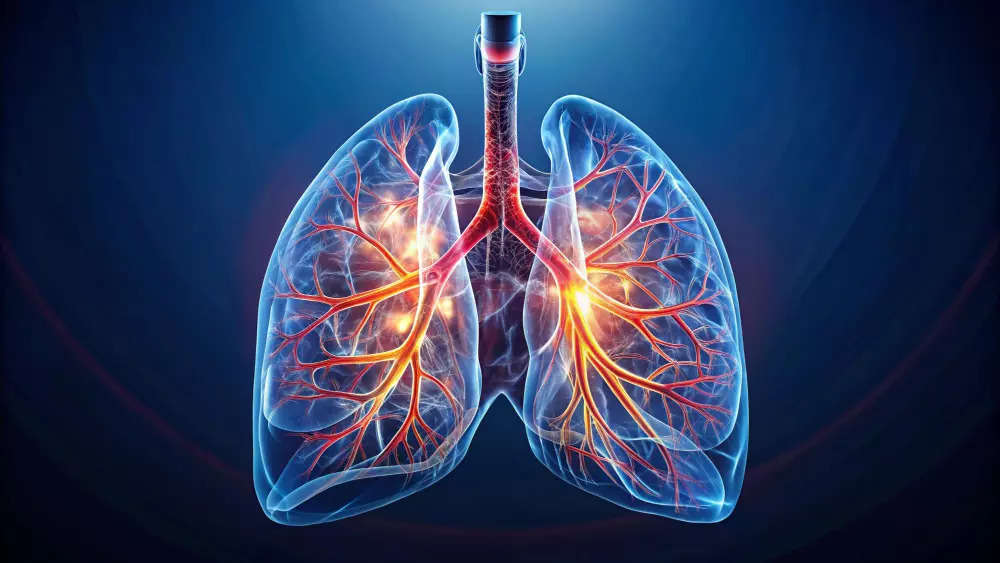Diwali Tips for Asthma Patients: How to Enjoy the Festival Safely

Diwali , the festival of lights, is a time of joy and celebration. However, for asthma patients, the smoke from fireworks and increased pollution levels can be a challenge. By taking a few precautionary measures, individuals with asthma can still enjoy the festivities without risking their health.
Avoid Firecrackers
Fireworks, though beautiful, release harmful pollutants that can trigger asthma symptoms. Asthma patients should avoid lighting or being near firecrackers to minimize exposure to smoke and dust.
Avoid Firecrackers
Fireworks, though beautiful, release harmful pollutants that can trigger asthma symptoms. Asthma patients should avoid lighting or being near firecrackers to minimize exposure to smoke and dust.
Stay Indoors
If the air quality outside is poor, it’s best for asthma patients to remain indoors, especially during peak hours when firecrackers are being set off. Closing windows and using air purifiers can help reduce indoor pollution .
Keep Medication Handy
Asthma patients should keep their inhalers and any other necessary medications within easy reach throughout the festive period. Regularly using prescribed preventive inhalers can also help manage symptoms.
Use a Mask Outdoors
If it becomes necessary to step outside, wearing a mask designed to filter out fine particles can help reduce exposure to smoke and pollutants. This can help asthma patients breathe easier during the celebrations.
Monitor Air Quality
Keeping an eye on air quality levels is essential. If pollution levels rise significantly, asthma patients should avoid outdoor activities and limit exposure to polluted air.
Avoid Exposure to Strong Scents
The use of scented candles , incense, and other strong-smelling substances can trigger asthma symptoms. It’s advisable to use unscented candles or electric alternatives during Diwali.
Keep Homes Well-Ventilated
While staying indoors, ensure that your home is well-ventilated but free from outdoor pollutants. Air purifiers with HEPA filters can be useful in maintaining clean indoor air.
Consult Your Doctor
Asthma patients should consult their doctors before Diwali for advice on managing symptoms during the festival. Doctors may recommend adjusting medications to cope with potential flare-ups.
Stay Hydrated
Drinking plenty of water helps keep the airways moist, making it easier to breathe. This can also help in flushing out toxins from the body during periods of high pollution.
Next Story